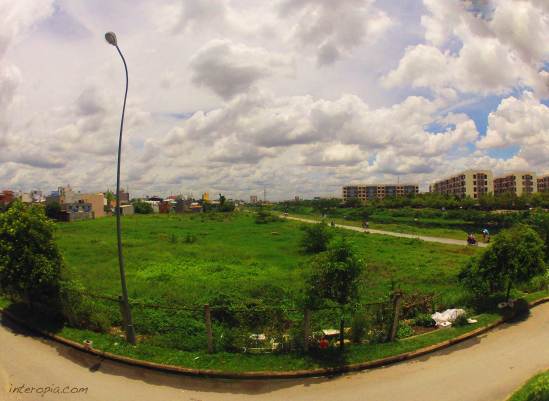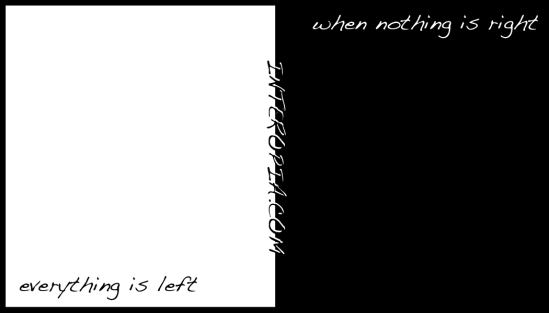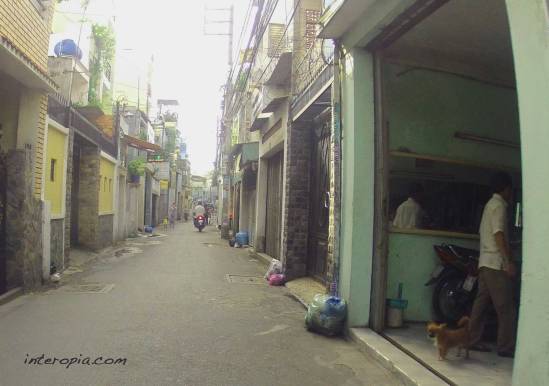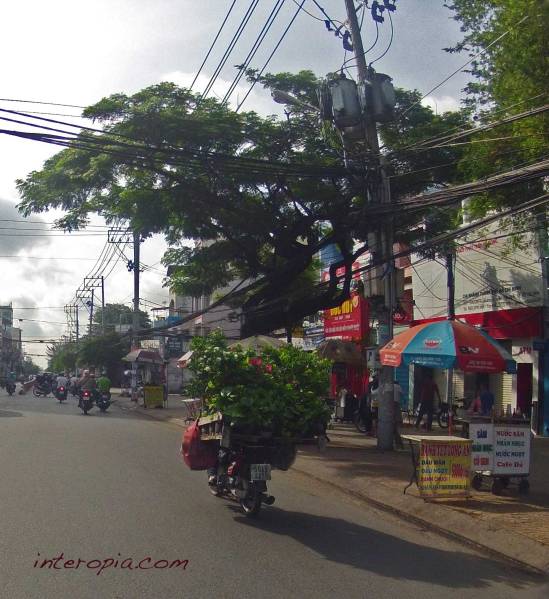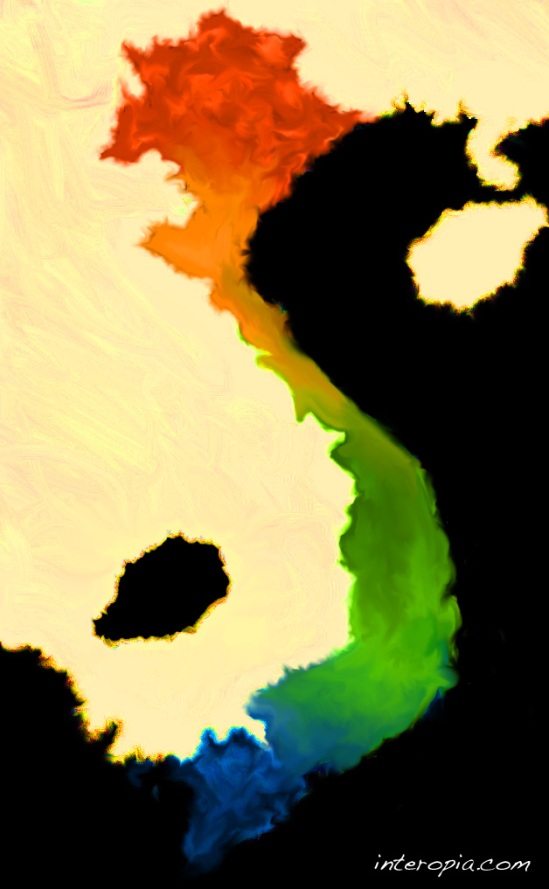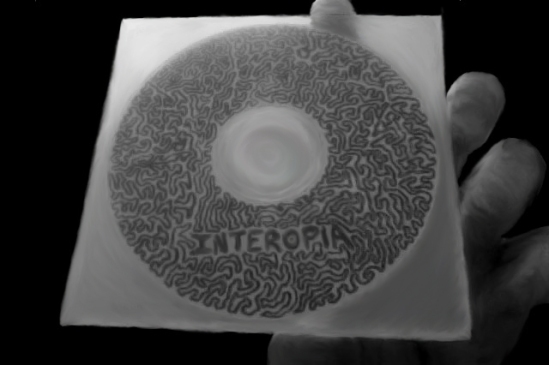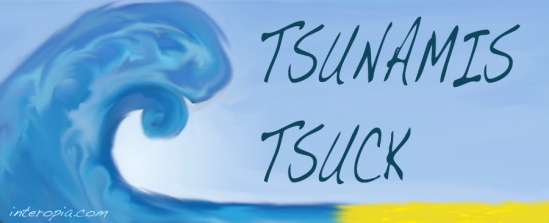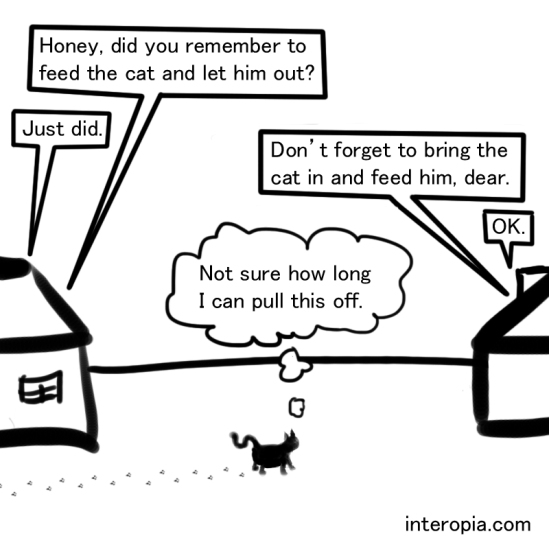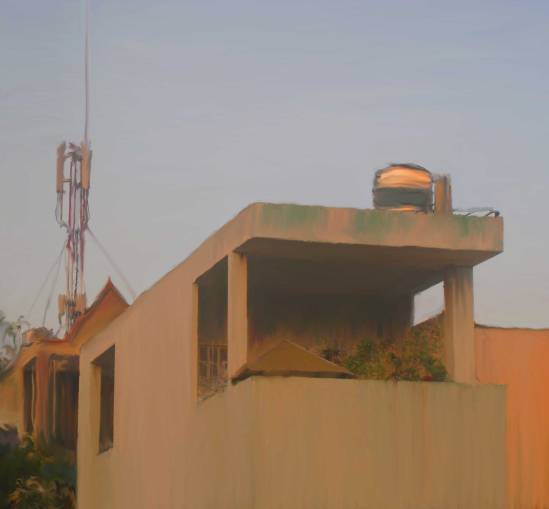Monthly Archives: August 2012
The Scinxys
When Nothing is Right, Everything is Left
The National Spiral
Vietnamese Vocab Grid
Here’s the link to the document.
When I started learning Vietnamese I found it interesting that every word was only one syllable. Each word is made up of 4 parts: the (optional) initial consonant, the vowel, the (optional) final consonant, and the tone. Each of these 4 elements only has a finite number of possibilities. There are about 27 initial consonants, 43 vowel combinations, 8 final sounds, and 6 tones. This meant that one could construct a “2 dimensional dictionary” of every Vietnamese word. Whereas a normal dictionary is linear, listing all words in alphabetical order, this vocabulary grid would be arranged alphabetically in two ways, by initial consonant in one dimension and by vowel sound in the other dimension. Such an arrangement makes it easy to see the difference between similar-sounding and similarly-spelled words. A student of Vietnamese could practice pronunciation using the chart, because every word in a given column would have the same initial consonant sound, and every word in a given row would have the same vowel sound. The words included in the project are the most essential words for a Vietnamese language student, particularly if living in Vietnam. The chart is fully editable, so feel free to add any other important words you know. Happy studying and good luck!
Ricky Shore Sings the Blues
This is Alex and Marissa, the creators and stars of the YouTube comedy series Ricky Shore Sings the Blues. It’s my favorite show on the Internet so I made this picture for them. Go on over and check out their videos on YouTube or Alex’s blog over at Tumblr. And be on the look out for their upcoming full length movie Sing the Blues!
CMT8 to the Canal at Night
Here’s the first installment in a new series called “Streets of Saigon”, where we will regularly take you on a tour of Ho Chi Minh City…and beyond. Through these videos you’ll be able to experience this crazy little town without actually coming yourself. Of course you’re welcome to visit anytime, too. Be sure to watch in 1080p HD resolution.
Tubrosaur Two
Saigon Alley
Jungle on Wheels
Vietnam Spectrum
Slats
The Names of Languages
The names of 13 languages in each of those same 13 languages.
The bold words are the names of the languages in their own language.
Horizontal scrolling enabled.
|
|
Spanish |
Portuguese |
Italian |
French |
German |
Russian |
Arabic |
Japanese |
Chinese (Mandarin) |
Vietnamese |
Korean |
Swahili |
|
English |
ingles |
inglês |
inglese |
anglais |
Änglisch |
angliskiy английский |
alengleziah الإنجليزية |
eigo 英語 |
Yīngyǔ 英语 |
tiếng |
yeong-eo 영어의 |
Kiingereza |
|
Spanish |
español |
espanhol |
spagnolo |
espagnol |
Schpanisch |
ispanskiy испанский |
الأسبانية |
supeingo スペイン語 |
Xībānyá yǔ 西班牙语 |
tiếng |
seupein-eo 스페인어 |
Kihispania |
|
Portuguese |
portugués |
português |
portoghese |
portugais |
Portugiesisch |
portugal’skiy португальский |
البرتغالية |
porutogarugo ポルトガル語 |
Pútáoyá yǔ 葡萄牙语 |
tiếng |
poleutugal-eo 포르투갈의 |
Kireno |
|
Italian |
italiano |
italiano |
italiano |
italien |
Italiänisch |
italianskiy итальянский |
الإيطالي |
itariago イタリア語 |
Yìdàlì yǔ 意大利语 |
tiếng |
itallia-eo 이탈리아의 |
Kiitaliano |
|
French |
francés |
francês |
francese |
français |
Französisch |
frantsuzkiy французский |
فرنسي |
furensugo フランス語 |
Fǎyǔ 法语 |
tiếng |
peulangseueo 프랑스어 |
Kifaransa |
|
German |
alemán |
alemão |
tedesco |
allemand |
Deutsch |
nemetskiy немецкий |
ألماني |
doitsugo ドイツ語 |
Déyǔ 德语 |
tiếng |
dog–il–eo 독일어 |
Kijerumani |
|
Russian |
ruso |
russo |
russo |
russe |
Russisch |
russkiy русский |
الروسية |
roshiago ロシア語 |
Èyǔ 俄语 |
tiếng |
leosia-eo 러시아어 |
Kirusi |
|
Arabic |
árabe |
árabe |
arabo |
arabe |
Arabisch |
arabskiy арабский |
alarabiah العربية |
arabiago アラビア語 |
Ālābó yǔ 阿拉伯语 |
tiếng |
alab-eo 아랍어 |
Kiarabu |
|
Japanese |
japonés |
japonês |
giapponese |
japonais |
Japanisch |
japonskiy японский |
اليابانية |
nihongo 日本人 |
Rìyǔ 日语 |
tiếng |
ilbon-eo 일본어 |
Kijapani |
|
Chinese (Mandarin) |
chino |
chinês |
cinese |
chinois |
Chineesisch |
kitaiskiy китайский |
شجرة |
chūgokugo 中国語 |
Zhōng yǔ 中文 |
tiếng |
jung-gug-eo 중국어 |
Kichina |
|
Vietnamese |
vietnamita |
vietnamita |
vietnamita |
vietnamien |
Vietnamesisch |
v’etnamskiy вьетнамский |
الفيتنامية |
betonamugo ベトナム人 |
Yuènán yǔ 越南语 |
tiếng |
beteunam-eo 베트남어 |
Kivietinamu |
|
Korean |
coreano |
coreano |
coreano |
coréen |
Koreaanisch |
koreiskiy корейский |
كوري |
kankokugo 韓国語 |
Cháoxiǎn yǔ 朝鲜语 |
tiếng |
hangug-eo 한국어 |
Kikorea |
|
Swahili |
swahili |
suaíli |
swahili |
swahili |
Suaheli |
suakhili суахили |
السواحلية |
suwahirigo スワヒリ語 |
Sī wǎ xī lǐ 斯瓦希里 |
tiếng |
seuwahillieo 스와힐리어 |
Kiswahili |
Interopia
Circular Data
Crystalline
Let us know what you think of this latest Interopia track.
Would you like to hear it with vocals?
The Other Side of Brain
Tsunamis Tsuck
Time for Dessert
Keown
Another Sun Sets
Herman
The Polyglot Vocab Project
Did you know there’s really no limit to the number of languages you can learn? The average person can get to a respectable level in a language in about two years of study and practice. That means you could learn 10 languages in 20 years. So that’s what I’m doing. Remember, if you get to 10 languages you can officially call yourself a polyglot!
So far I’ve worked on Spanish, Vietnamese, and a little Japanese. In studying those languages, I found out the two most important things for learning a language: vocabulary and practice. You need words because they are the building blocks of language. You can’t communicate at all if you don’t have them. Especially in the beginning, you need to make an effort to do a little homework and learn as many new words on your own as possible. You need a strong vocabulary foundation so that you can start the other vital part…practicing. With practice everything else (grammar, pronunciation, spelling) will fall into place.
You all know I love lists, so it should be no surprise that I love grids too. What if, I thought, I could make a giant spreadsheet translating the most important words in English into the various languages I wanted to learn? This plan became known as The Polyglot Project. Then I found out there was already a Polyglot Project. So it became the Polyglot Vocab Project.
With the creation of Interopia, it became obvious that crowd-sourcing would be the best way to accomplish this. I’ve already done a lot of the work by creating an approximate list of about 3000 most common words in English. Some words, like about, for instance, will be difficult to translate into other languages, but we will do our best. Other words, like cat, should be pretty straightforward translations. I’ve set up the project for 13 languages besides English: Spanish, Portuguese, Italian, French, German, Russian, Arabic, Japanese, Mandarin, Vietnamese, Korean, Hindi, and Swahili. I narrowed down the languages to these for population, geographic, cultural, and personal reasons. So, the number of words times the number of languages means about 45000 total words that need to be entered.
I have no idea how much interest people will have in helping me complete the project. Even if just one person helps me, it would be appreciated. Just e-mail the site if you would like editing privileges. I’ll be working on it myself even if no one else helps, so you can tune in to see my progress. Whether it takes a month or twenty years remains to be seen. The Google Docs Spreadsheet is available here.
ADDIE: Implementation Phase
Welcome to the fourth and final part in the series “ADDIE: The Key to Instructional Design”. Today’s installment: Implementation. The ADDIE stage of implementation comes after the stages of analysis, design, and development. Continue reading

